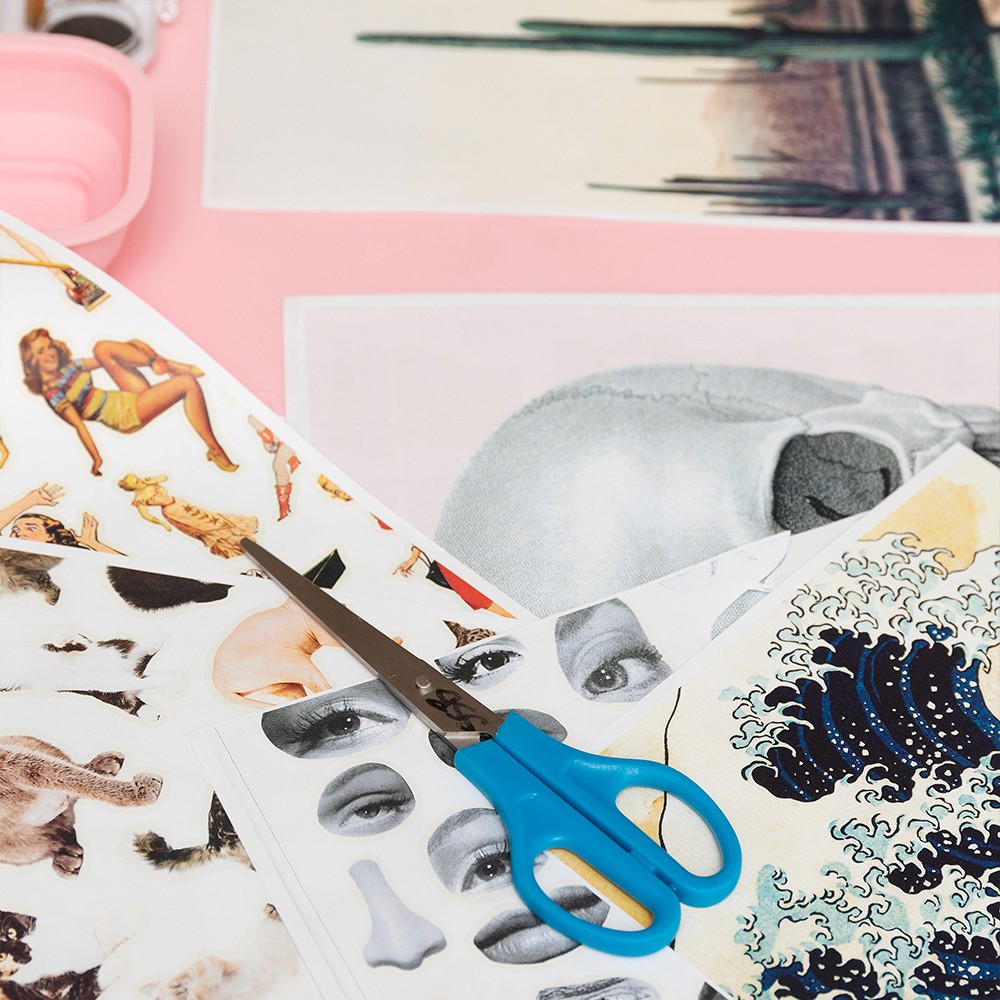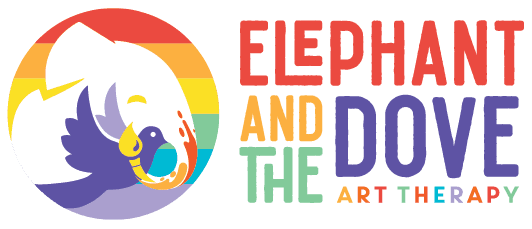Play Therapy
Play therapy is a form of psychotherapy that is primarily used with children but can also be adapted for adolescents and adults. It is based on the understanding that children often have difficulty expressing their thoughts, feelings, and experiences through traditional talk therapy alone, so play is used as a medium of communication.

Here are some key elements of play therapy:








Play therapy can be beneficial for children dealing with a wide range of issues, including anxiety, depression, trauma, behavioural problems, grief, and adjustment difficulties. It provides a developmentally appropriate and engaging way for children to work through their challenges and build emotional resilience. Trained and licensed play therapists use their expertise to help children navigate their inner world and develop healthier coping strategies.
